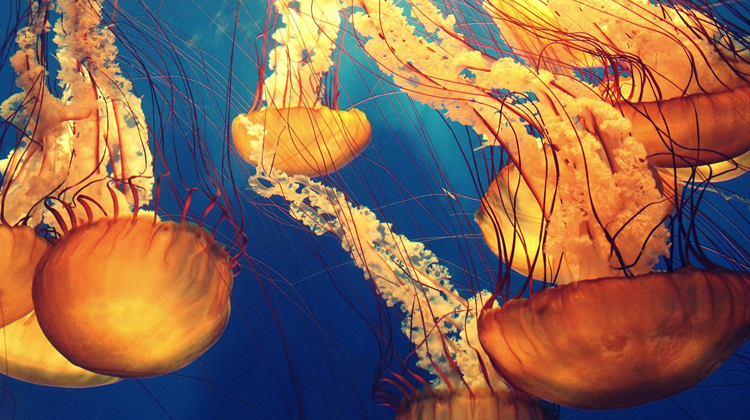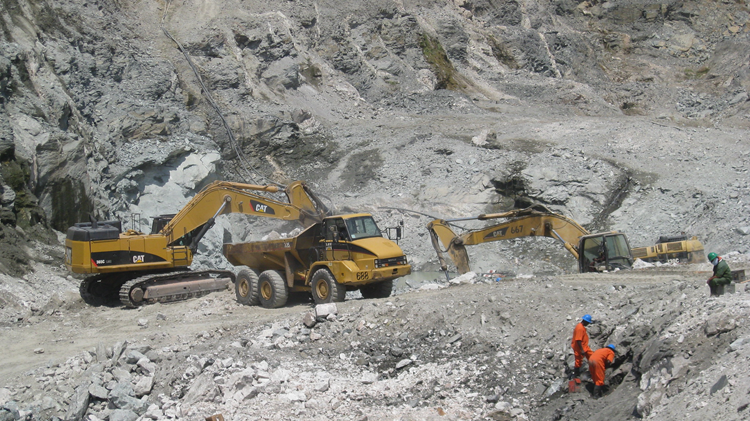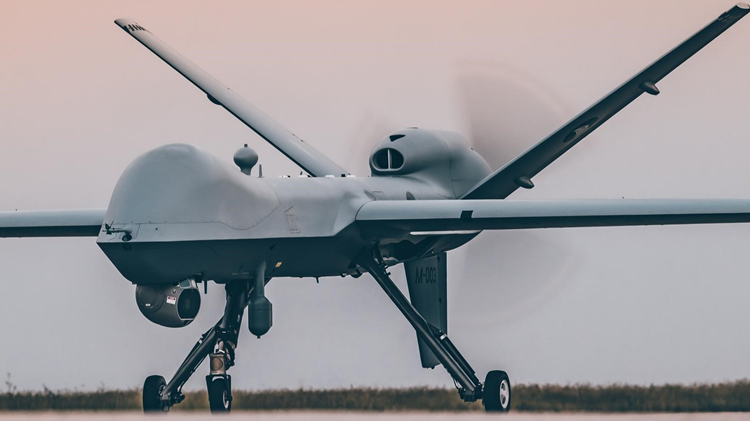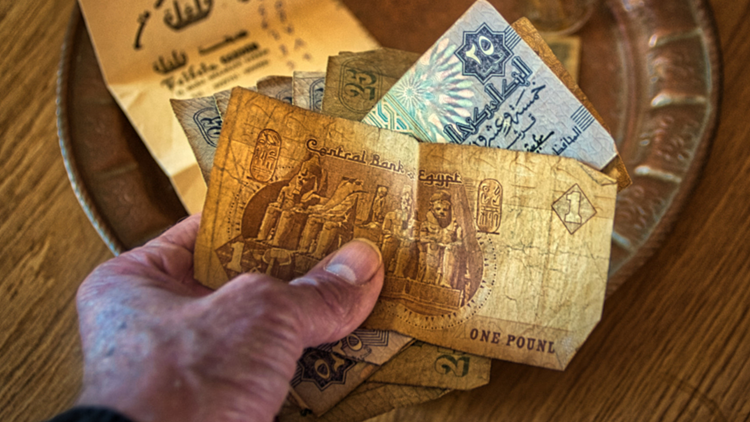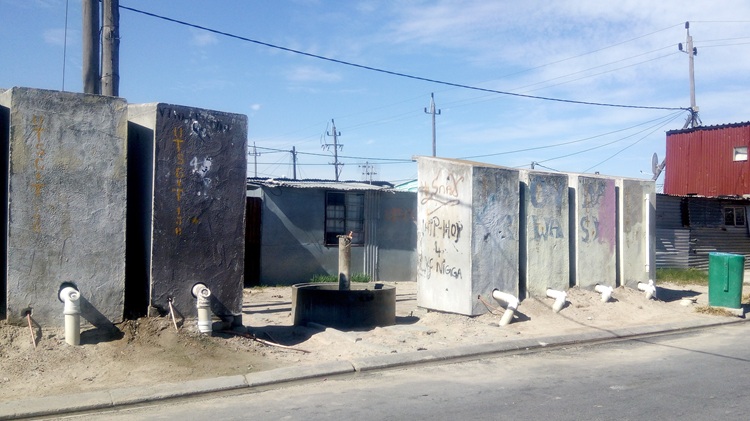Africa needs a new diplomacy
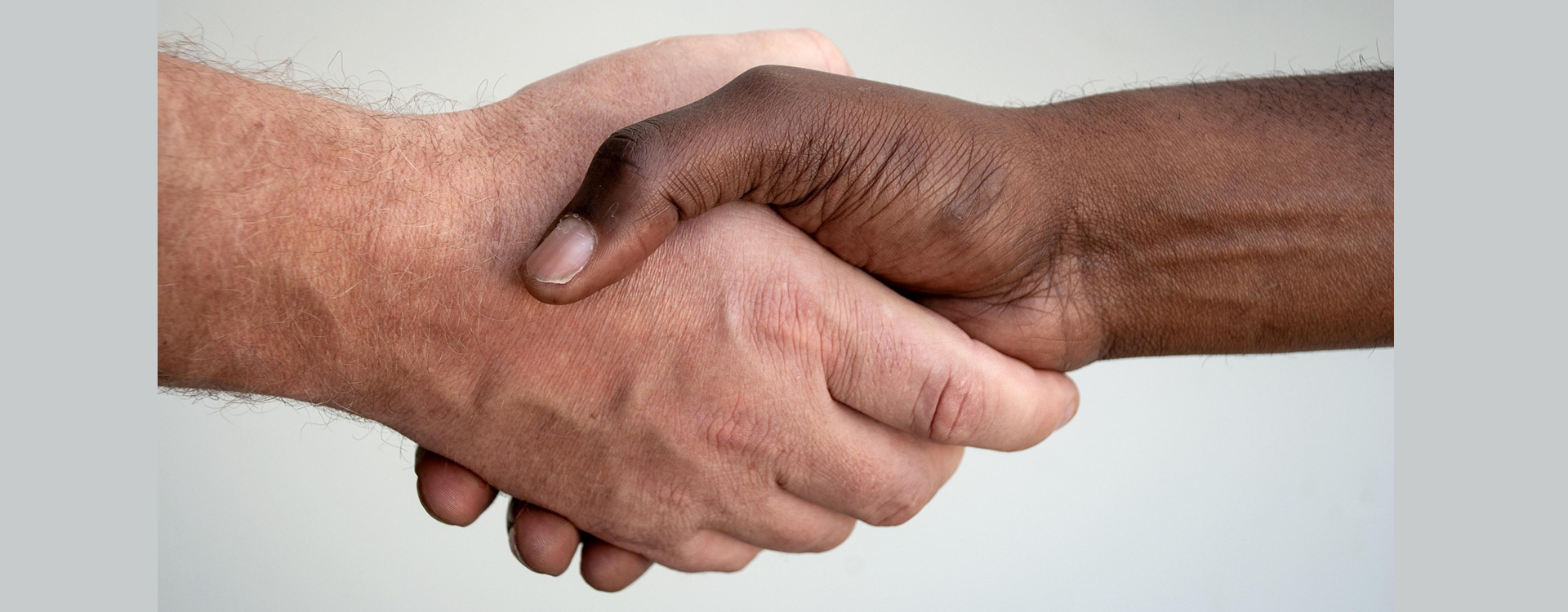
Shifting geopolitics offer Africa a chance to shape outcomes, if leaders choose cooperation over division.
African governments have long complained – with justification – that the institutions of global governance were unfairly stacked against them. Reform was urgent to better reflect Africa’s growing share of the world’s population and ensure its voice was given proper weight in global decision-making.
Recent geopolitical changes have opened a window of opportunity. Yet, they simultaneously create risks that Africa could be further marginalised rather than moved closer to the centre of world affairs. So, the future will not be easy to navigate, and Africa’s statesmen and diplomats will have to adopt new tactics to take advantage of it.
The future will not be easy to navigate, and Africa’s statesmen and diplomats will have to adopt new tactics to take advantage of it
A previous article argued that to survive in an increasingly multipolar world, Africa needed to achieve greater unity and integration; otherwise, it risked becoming more divided and increasingly impoverished by conflict as rival powers backed their own clients in pursuit of their own interests. As in the 1880s, Africa risked becoming a playground for outside powers, though this time through proxies rather than through direct intervention.
Recent events have confirmed these risks. The conflict in Sudan has gone from bad to worse, causing ever-greater human suffering. Though the US has announced a roadmap to peace agreed with Egypt, Saudi Arabia and the UAE, fighting continues and it is not clear that the Sudanese rivals for power are committed to the peace process. Again, the US claimed in June to broker a peace deal between Rwanda and the Democratic Republic of Congo. However, the M23 rebels remain firmly in control of a large part of the Kivus, and subsequent talks appear to have made little progress in practice. The main US motive appears to have been to secure supplies of critical minerals for its IT industry rather than a just peace. This is an example of what has been called Trump’s ‘transactional diplomacy.’
In the Sahel, President Ibrahim Traoré of Burkina Faso has built a following amongst young Africans, claiming to be the true inheritor of Thomas Sankara’s ‘Africa First’ policies and his opposition to French neo-colonial influence. Yet, Traoré has failed to restore government control over half the country or provide Burkinabés there with protection from jihadi groups that control the rest. As in neighbouring Mali and Niger, support from Russia rather than ‘the West’ has not visibly improved either the security or the economic situation.
Meanwhile, the UN and African Union (AU) have both seen their ability to tackle Africa’s conflicts diminished rather than augmented. Who, then, can ensure the security and support the development of African countries? Can they do it themselves? Or – as members of the global community, impacted by economic, social and climatic changes beyond their immediate control – who can they work with to protect their interests?
In his recent speech to the Shanghai Cooperation Organisation, President Xi proclaimed that China would provide more political as well as economic leadership in helping the ‘Global South’ achieve a more just international governance structure that would reflect their interests, not only those of ‘the West’. However, in Africa itself, there are few signs of China providing more support for peace-making efforts or to African institutions. Investment, yes; peace, no. It is still the EU, not China, that provides most support to the AU. The Gulf countries are also increasingly involved, but not always constructively. And while Turkey has for years been involved in Libya and Somalia, it has tended to support one side against another in those divided countries. The country is steadily increasing its economic interests and arms sales elsewhere on the continent, and is extending its influence in West Africa. But will it help bring stability and prosperity to Africans?
In short, it is challenging for African leaders and diplomats to respond to this new transactional diplomacy.
Examining the arts of diplomacy in this new study, How to be a Diplomat, the book discusses, among other things, how to act when faced with more powerful neighbours or interlocutors who regard telling the truth as an optional extra in their quest to impose what they see as their own national interest.
Two lessons emerge: firstly, the smaller your country, the more important it is to preserve the rules that exist. Small countries rarely benefit from a free-for-all, from the law of the jungle – as the saying goes: ‘when elephants fight, it is the grass that gets trampled.’ So it is better to work with friends. The larger the group, the better able it is to defend itself. The many small countries of the EU know this to be true. Secondly, leaders must be aware of the realities of power: bargain hard for the best deal, but accept a deal at the end of the day.
Some African governments see this emerging multipolar, transactional world as an opportunity to play great powers off against each other, bargain their minerals for investment, or secure external support in local quarrels with neighbours or rivals. This may help keep a regime in power, but it will not always serve what is more broadly seen as the national interest – the benefit of the majority of citizens.
For autocrats, that scarcely matters: keeping power is all. Yet for democratic governments, who risk being voted out, it is a serious problem – either to be seen as subservient to an external patron (whether French, Chinese or Russian), or as unable to secure sufficient resources from the rest of the world to meet local needs. As seen in Kenya, Nigeria and other countries, young people (‘Gen Z’) are increasingly impatient with the failure of their governments to provide for their needs, and are taking direct political action to change things.
The best way for African democracies to secure their interests in a transactional world is to trust each other more, and present a more united face to the outside world: they need to cooperate to exercise greater influence than any of them can individually. Cooperation will also be the best way to secure as good a return for their raw materials as possible, attract increased foreign investment, and build a local market that will support a manufacturing base as a way of diversifying their economies. Only in this way will they be able to respond to the demands of Gen Z at home and resist the pressures from external powers abroad.
The best way for African democracies to secure their interests in a transactional world is to trust each other more, and present a more united face
As the African Transformation Index from the Ghana-based think tank ACET indicates, many African countries still need to establish the core economic foundations necessary for accelerated growth. This needs good diplomacy as well as sound economic policies.
Only by accelerating integration and deepening cooperation can African countries turn today’s shifting geopolitics into lasting autonomy and prosperity and secure a more influential place in the global order.
Image: marsjo/Pixabay
Access the recent publication How to be a Diplomat here.
Republication of our Africa Tomorrow articles only with permission. Contact us for any enquiries.

